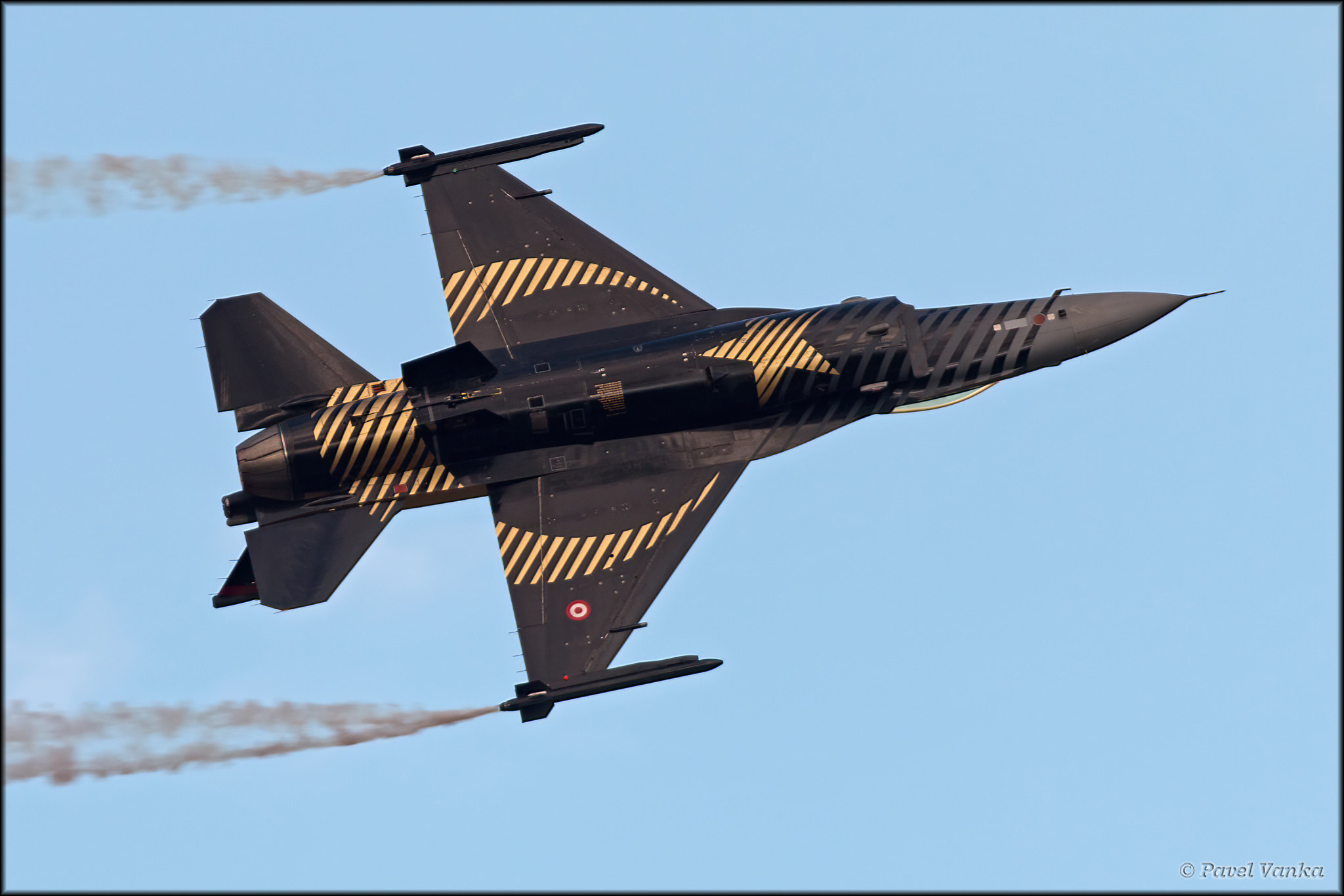
Image: Flickr/Pavel Vanka
By Lake Dodson
“When the time comes, we can come suddenly one night.”
Turkish President Recep Erdogan said this during open and shocking threats to Greece while speaking early in September, loosely insinuating military action in the Aegean Sea.
“You’re occupying the islands does not bind us…When the time comes, we’ll do what’s necessary.”
While fiery comments like these are nothing new for the Turkish leader, recent actions taken by both the governments of Turkey and Greece have raised concerns about a possible conflict in the region. Hiding under the shadow of Russia’s invasion of Ukraine, the two ancient rival states have been inciting each other towards another European war.
A New Aegean Standoff
Conflict in the Aegean Sea raged centuries before even the birth of Rome. The thousands of jagged islands that break the clear blue waves were the settings of ancient epics and battles valuable to the two cultures. The gods Artemis and Apollo were born on the island of Delos, the demi-god Hercules slayed the sons of Boreas on the island of Tinos, and Homer described the beauty of the Aegean Isles at length in his Odyssey.
Yet again, this mythic sea is boiling with increasing tension on the horizon with no sign of any compromise. In 2014, Turkey transgressed Greek airspace 2,244 times throughout the year, a steady yet staggering rise of incursions since the murder of a Turkish military pilot in 1996 and a Greek military pilot in 2006.
Despite the adage, time did not heal old wounds; rather, the breaches only increased. According to reports, in 2022, Turkey violated Greek airspace sometimes over 100 times in a day. The orders to increase fly-overs started September 7, when Turkish Foreign Minister Mevlut Cavusoglu warned Athens that Ankara would decide “when and where we shall go.”
Greek Prime Minister Kyriakos Mitsotakis spoke on the exchange of aggressive actions, stating, “Despite his [Erdogan] unacceptable comments, I am still open to dialogue.” Prime Minister Mitsotakis also emphasized that measures such as these turn up the temperature on a tense situation on a continent already embroiled in a full-scale war only a few hundred miles to the north.
Although Greece’s perspective may seem exponentially more reasonable than Turkey’s, we must examine the totality of the situation. Is either of these countries’ actions representative of willingness to meet halfway? Politicians can use flowery, peaceful language, but as Homer wrote in the Odyssey: “Empty words are evil.”
“Now It’s My Turn To Make Things Worse”
Unlike Russia’s invasion of the nation of Ukraine, forcing it into a war, Greece and Turkey are matching each other’s aggression nearly blow for blow.
In early September, multiple Greek coast guard ships fired upon a Turkish cargo vessel in international waters, only thirteen miles away from the Turkish island of Bozcaada. According to Turkish military reports, the Greek ships fled when the Turkish coast guard forces arrived.
A statement from the Greek military contradicts the Turks, claiming that the coast guard fired “warning shots” near a ship that was “moving suspiciously” on Greek waters near the Island of Lesbos.
Carrying on with the theme of overreactions, Greek surface-to-air missiles radar locked onto several Turkish F-16 fighter jets maneuvering near the island of Crete the same month. However, there is plausible deniability in this case, as Turkey did not authorize its jets before their flight, and Greece filed the incident to the North Atlantic Treaty Organization (NATO) and U.S. forces.
Only two years before, Turkey increased its military presence in Northern Cyprus, broadening oil drilling, and commencing “Operation Mediterranean Storm” in 2020. The Vice President Of Turkey Fuat Oktay announced that the operation would be a five-day military exercise to “stand against those trying to confine Turkey to the Gulf of Antalya.”
While displays of military might have always been strategies to intimidate enemies, there exists one revealing sign to see if an enemy is bluffing or not: where the money is flowing.
Central Bank Suspicions
Prior to Erdogan’s ascension to the presidency, Turkey’s Gross Domestic Product (GDP) reached the highest point in its modern history in 2013 at $957 billion, out-performing nations like Saudi Arabia, Switzerland, and Norway. Erdogan was elected one year later when the Turkish economy began a seven-year nosedive into 2020.
To say that 2020 was not a good financial year for any nation would be an understatement. Over 2020 alone, global GDP contracted 5.2 percent, the worst worldwide per capita collapse since 1870. Multiple governments poured money into public health assistance, financial support, and other emergency programs that grew the global debt by $19.5 trillion.
Despite these unprecedented stakes, the Central Bank of the Republic of Turkey (CBRT) has announced its use of a “determined strategy” to stabilize the Lira and grow a high-grade, industrial job sector that will sacrifice short and mid-term economic development in favor of long-term success.
The former United States Treasury Secretary Lawrence Summers expressed how shocking these rate cuts are, stating that inflation has reached a twenty-four-year high with the Lira trading at a record low. This monetary reality begs the question, what could these efforts to save money possibly aid in the future that Ankara couldn’t put to good use now?
Foreign Response
The former German Federal Minister of Foreign Affairs, Heiko Maas, said on the topic, “any small spark could lead to catastrophe.” France took a more divisive stance on where it stands, pulling its ambassador from Turkey after Erdogan questioned French President Emmanuel Macron’s mental health in a speech.
The United States and other members of NATO still sit on the fence, watching their two fellow allies entice each other to violence.
From a dogmatic leader with a nationalistic following to increased militarism on both sides and Turkey conserving funds during an economic crisis, the beautiful Aegean sea is a sitting powder keg for war.
Lake Dodson is one of the Review’s newest contributors. He studies Political Science and Global Security at the University of Mississippi.


Leave a Reply